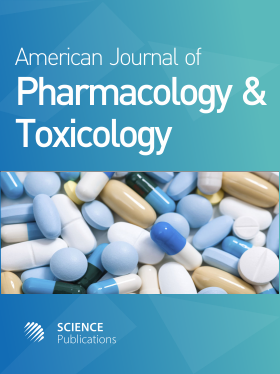Internalizing Versus Non-internalizing Receptors for Targeting L-Methioninase to Cancer Cells
- 1 University of Oklahoma Health Sciences Center, United States
Abstract
We reported previously that L-methioninase targeted to the urokinase receptor of MCF-7 breast cancer cells is significantly more effective in inhibiting cell proliferation and migration than free L-methioninase both in vitro and in vivo. L-methioninase was targeted by linking at its amino terminus to an amino-terminal fragment (ATF) of urokinase. The ATF was selected for targeting because is has previously been shown not to internalize within the cells. The present study was designed to determine the effectiveness of targeting L-methioninase to a cancer cell receptor that is internalizing in comparison with ATF-methioninase, which does not internalize. Transforming growth factor-α (TGF-α) was selected for targeting to the epidermal growth factor receptor which is overexpressed in numerous cancer cell lines and is an internalizing receptor. Two fusion proteins, ATF-methioninase and TGF-methioninase (TGF-α linked to the amino terminus of L-methioninase), were produced by recombinant methods and purified. In an in vitro culture wounding assay over 3 days to measure cell proliferation and migration of MCF-7 breast cancer cells and PC-3 prostate cancer cells, both fusion proteins inhibited the proliferation and migration of both cancer cell lines. However, the inhibition was significantly greater for ATF-methioninase compared to TGF-methioninase, especially at treatment days 2 and 3. These results indicate that, for a fixed dosage of the fusion protein, it is more advantageous to have L-methioinase bind to a receptor and remain externalized, rather than to bind to a receptor which leads to internalization of L-methioninase. Further, it may be advantageous to target other anticancer agents to the urokinase receptor on the cancer cell surface by means of the amino-terminal fragment of urokinase.
DOI: https://doi.org/10.3844/ajptsp.2006.60.64

- 4,585 Views
- 3,714 Downloads
- 0 Citations
Download
Keywords
- Breast cancer
- prostate cancer
- L-methioninase
- transforming growth factor-α
- urokinase amino-terminal fragment
